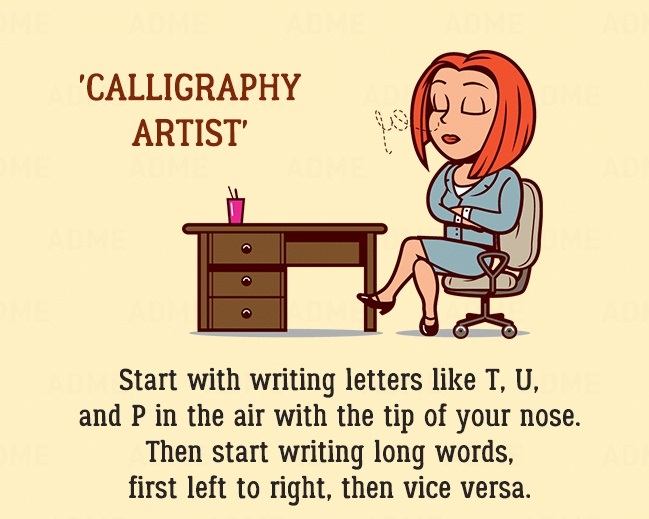You’ve noticed that your friend has changed. It may be a change in mood, certain behaviors, or in activities she previously enjoyed. You may have noticed that your friend seems to be tired all the time or easily irritated. These symptoms are often attributed to fatigue or stress but, in fact, they can be red flags of a much deeper problem.
1. Your friend gets annoyed for no reason
Most people think that depression is a persistent sadness. In fact, people who develop depression often feel anger and irritability rather than hopelessness and despondency.
2. Your friend has sleep disorders
One or two sleepless nights or an occasional night of poor sleep is a common problem facing the majority of the population. But chronic insomnia is an alarming sign. Sometimes, however, people suffer from quite opposite symptoms of depression: they have difficulties waking up in the morning or feel sleepy during the day. They might also go to bed early, setting aside even the most important tasks.
3. Persistent aches or pains
There is a strong connection between our mind and body. When your body tries to restore your mental health, you might have continuous headaches or unexplained back or muscle pains.
4. Low energy
Having low energy and feeling tired and fatigued are very common symptoms if you are depressed. If even small tasks make you irritated and take more time than you think you need, it could be a warning sign of depression.
5. Feelings of guilt
Anybody who is depressed can experience feelings of worthlessness, helplessness, guilt, and self-blame. In fact, the tendency to blame oneself excessively and inappropriately is a key factor in depression.
6. Unexpected reckless behavior
Taking unnecessary risks, gambling sprees, hazardous sexual behavior, or other reckless and irresponsible activities may actually be attempts to cope with the internal chaos. These behavior patterns may give temporary relief but will only result in much more pain and many more emotional problems in the long run.
7. Difficulty concentrating and remembering details
When you are depressed it’s more difficult to focus and pay attention, so you’re more easily confused. This hampers your ability to perform tasks and lowers your efficiency. Of course, a bad mood can also affect your attention, concentration, and memory, but depression involves similar symptoms.
Remember: the more signs you have noticed, the higher the probability that you have to deal with depression rather than a bad hair day.





